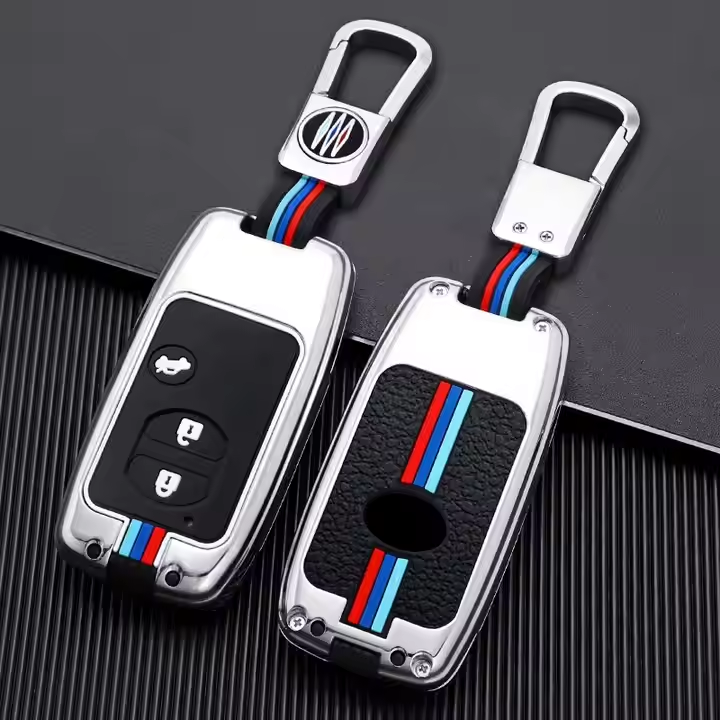No products in the cart.

Exploring Different Types of Car Batteries: How to Choose the Right One and Maintenance Tips
Car batteries are the heart of your vehicle’s electrical system, providing the necessary power to start the engine and run various electrical components. However, not all car batteries are created equal. In this blog post, we’ll delve into the different types of car batteries, how to choose the right one for your vehicle, and essential maintenance tips to prolong battery life.
Different Types of Car Batteries:
- Lead Acid Batteries:
- Conventional flooded lead-acid batteries are the most common type found in vehicles. They are affordable and reliable but require regular maintenance, including checking and topping up electrolyte levels.
- Maintenance-Free Batteries:
- Maintenance-free batteries, also known as sealed batteries, are designed with calcium or antimony to reduce water loss and eliminate the need for electrolyte maintenance. These batteries offer convenience but may have a shorter lifespan compared to traditional lead-acid batteries.
- Absorbent Glass Mat (AGM) Batteries:
- AGM batteries feature a fiberglass mat soaked in electrolyte between the lead plates, providing superior performance and durability. They are maintenance-free, have better resistance to vibration, and are ideal for vehicles with advanced electronics.
- Gel Cell Batteries:
- Gel cell batteries use a gel electrolyte instead of a liquid, offering improved resistance to deep discharge and vibration. They are suitable for applications requiring deep cycling, such as marine and recreational vehicles.
How to Choose the Right Battery:
- Consider your vehicle’s specifications: Check your car’s owner’s manual or consult with a professional to determine the correct battery size, type, and specifications for your vehicle.
- Climate: Choose a battery with cold-cranking amps (CCA) suitable for the climate in your area. CCA indicates a battery’s ability to start in cold temperatures.
- Reserve capacity: Opt for a battery with adequate reserve capacity to power essential electrical components in case of alternator failure or extended periods of idling.
- Warranty: Look for a battery with a warranty that matches your driving habits and needs. Longer warranties often indicate higher-quality batteries.
How Long Can a Car Battery Last Without Driving?
- A car battery can typically last anywhere from 2 to 6 weeks without driving, depending on factors such as temperature, battery age, and state of charge. To prolong battery life during periods of inactivity, consider using a battery maintainer or disconnecting the negative terminal to prevent parasitic drain.
4K CAR BATTERY BRAND 12V 62AH
₦47,000.00Alloy car key case cover For Toyota Key less Cars
₦15,000.00ARNOLD Car Battery 12V 75AH
₦95,000.00
Conclusion: Choosing the right car battery is essential for ensuring reliable vehicle performance and longevity. Consider factors such as battery type, size, climate compatibility, and warranty when selecting a battery for your vehicle. Additionally, prioritize regular maintenance, including keeping terminals clean and checking electrolyte levels, to prolong battery life and avoid unexpected failures.



